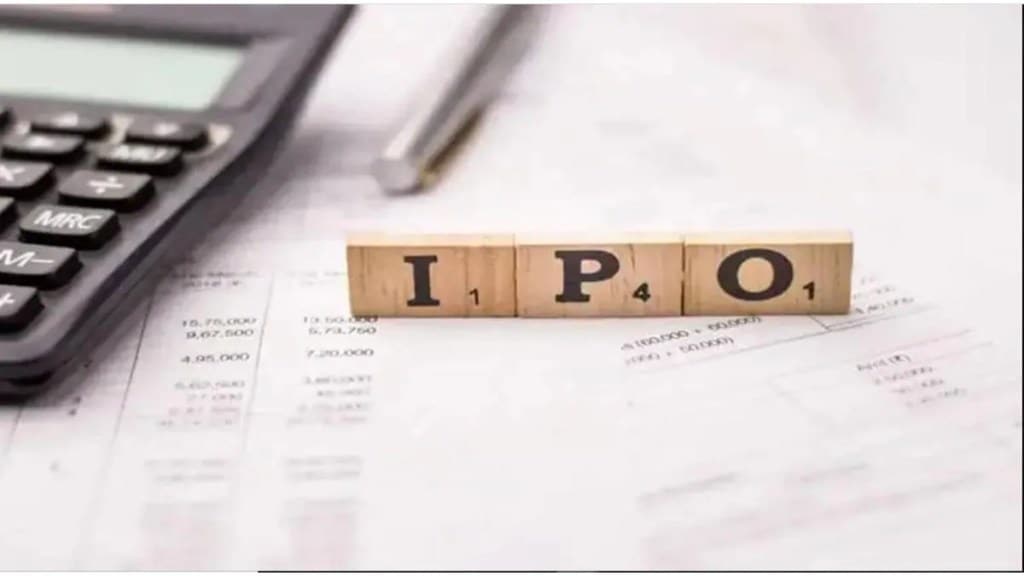Fees collected by investment bankers from activities related to the equity capital market in 2022-23 more than halved compared with the previous year amid a decline in public share sales.
Fees for equity capital markets (ECM) underwriting stood at $211.4 million, down 48% from a year ago, data from Refinitiv, a financial markets data tracker, showed. ECM activity includes initial public offerings (IPOs), qualified institutional placements, offer for sale and follow-on offers. ECM is broader than the stock market and covers more activities and financial instruments. As a result, it plays a key role in the greater allocation of resources in a market economy.
Fees specific to IPOs has slid to $92 million in FY23, a third of what bankers got in FY22.
Fees are directly correlated to deal activity and volumes. Fees charged by bankers for IPOs typically range between 2% and 3% of the size of an issue. This drops to 0.5-1.5% for follow-on offerings.
Indian corporates raised Rs 52,116 crore through main-board IPOs in FY23. This is less than half of Rs 1.11 trillion mobilised by 53 IPOs in the previous year, which was an all-time high, according to primedatabase.com.
Despite the year-on-year decline, the amount raised in FY23 was still the third highest-ever in terms of IPO fundraise. About 39% of this amount, or Rs 20,557 crore, was garnered by LIC, without which the IPO fundraising would have been just Rs 31,559 crore.
Despite being the largest IPO ever, LIC’s public offering earned the bankers miniscule fees. This is because the investment bankers involved in the deal had quoted a flat fee of Rs 1 crore, the minimum set by the government, to bag the IPO mandate.
Other large issues that hit the market in FY23 include Delhivery (Rs 5,235 crore) and Global Health (Rs 2,206 crore). The average deal size was on the higher side at Rs 1,409 crore. According to Prime Database, as many as 25 out of the 37 IPOs came in just three months of the year (May, November and December). This shows the volatile conditions prevalent through most of the year which were not conducive for IPO activity.
Only two out of the 37 IPOs (Delhivery & Tracxn) were from new age technology companies (NATC). The previous fiscal had seen five NATC IPOs raising Rs 41,733 crore.
Specific to the fourth quarter, IPOs from Indian issuers raised $142.8 million during the first quarter of 2023, down 86.7% from a year ago. Total ECM underwriting fees in the fourth quarter, however, stood at $50 million, up 15% from a year ago.
Issuers typically have two or three structures for distributing fees. A fixed fee is distributed among all bankers handling the IPO mandate. Variable fees depend on parameters such as the procurement done by the banks on the institutional and retail/HNI sides. Some issuers also keep a discretionary fee, which they pay if they are satisfied by the work put in by bankers.
IPO activity is likely to remain muted for the next couple of quarters. Fifty-four (54) companies proposing to raise Rs 76,189 crore hold Sebi approval. Another 19 companies looking to raise about Rs 32,940 crore are awaiting clearance from the regulator. Out of these, four are NATCs which are looking to raise roughly Rs 8,100 crore.
